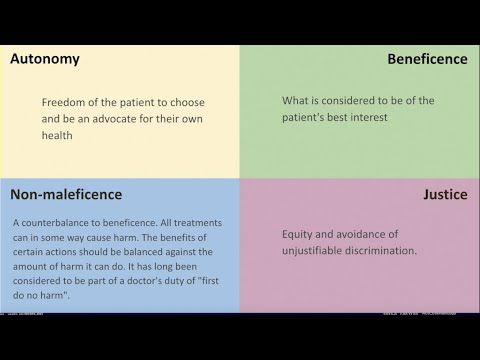Healthcare can be a complex and overwhelming system to navigate, especially for patients and caregivers who may be unfamiliar with the terminology, procedures, and protocols. However, with the right knowledge and guidance, you can effectively advocate for yourself or your loved ones in the healthcare system. In this article, we will provide valuable tips for patients and caregivers to ensure a smooth and successful healthcare experience.
Understand Your Rights and Responsibilities
As a patient or caregiver, it is essential to understand your rights and responsibilities within the healthcare system. Familiarize yourself with regulations such as the Health Insurance Portability and Accountability Act (HIPAA) which protects your privacy and ensures the security of your medical information. Additionally, knowing your rights to consent to treatment, access medical records, and make decisions about care is crucial.
Be an Informed Advocate
Empower yourself with knowledge about the healthcare system, including the processes for scheduling appointments, obtaining referrals, and communicating with healthcare providers. Research your condition or treatment options to ask informed questions and make well-informed decisions about your care. Being an active and engaged advocate for yourself or your loved one can improve the quality of care you receive.
Communicate Effectively
Clear and open communication with healthcare providers is key to ensuring your needs and preferences are understood and addressed. Be honest about your symptoms, concerns, and goals for treatment. Ask questions when you do not understand something or need clarification. Keep a list of medications, allergies, and medical history to provide accurate information to your healthcare team.
Stay Organized
Managing healthcare appointments, medications, and paperwork can be overwhelming, especially for caregivers who are juggling multiple responsibilities. Use tools such as calendars, medication trackers, and medical binders to keep essential information organized and accessible. Consider enlisting the help of a loved one or professional caregiver to assist with coordinating care.
Seek Support
Caring for a loved one with a chronic illness or navigating a complex healthcare system can take a toll on your emotional and mental well-being. Seek support from friends, family members, support groups, or mental health professionals to cope with the stress and challenges of caregiving. Taking care of yourself is essential to being able to provide the best care for your loved one.
Follow Up and Advocate for Continuity of Care
After appointments or hospital stays, follow up with your healthcare provider to ensure that test results are received, treatment plans are understood, and medications are prescribed correctly. Advocate for continuity of care by communicating with all members of the healthcare team and ensuring that information is shared appropriately. Be proactive in managing your health to prevent complications and improve outcomes.
Conclusion
Healthcare can be a daunting and complex system to navigate, but with the right knowledge and strategies, patients and caregivers can advocate for themselves and their loved ones effectively. By understanding your rights, being an informed advocate, communicating effectively, staying organized, seeking support, and following up on care, you can ensure a successful healthcare experience. Remember that you are not alone in this journey – reach out for help and support when needed, and prioritize your health and well-being.


